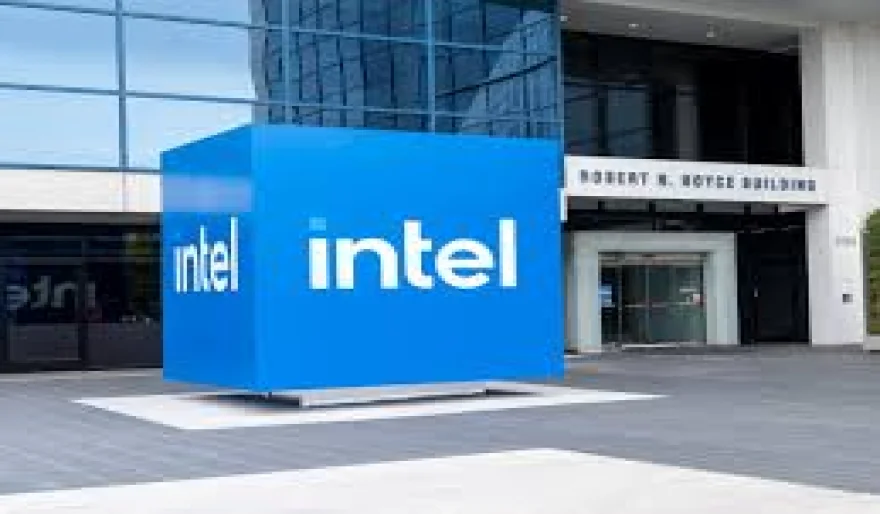Stay Ahead of the Curve
Latest AI news, expert analysis, bold opinions, and key trends — delivered to your inbox.
Intel, alongside other industry leaders, pledges to develop open generative AI tools tailored for enterprise use.
5 min read Generative AI, which can generate text, code, or images, is transforming numerous industries. However, smaller businesses often face barriers in accessing these tools due to cost and proprietary limitations. April 17, 2024 06:52
The Linux Foundation, a non-profit championing open-source software, recently announced the Open Platform for Enterprise AI (OPEA) initiative. This project, backed by tech giants like Intel, aims to develop open, modular, and powerful generative AI tools specifically designed for enterprises [TechCrunch].
Generative AI is a type of artificial intelligence that can create entirely new content, from realistic images to innovative product designs. OPEA envisions a future where businesses can leverage these capabilities to automate tasks, improve efficiency, and fuel creative processes.
Here's what makes OPEA unique:
- Open and Collaborative: Unlike some proprietary AI solutions, OPEA embraces open-source principles. This means businesses will have more control and flexibility in how they use and adapt the AI tools.
- Multi-Provider: OPEA isn't limited to a single technology stack. It aims to be compatible with various AI components from different vendors, fostering a more diverse and innovative ecosystem.
- Composable: Imagine building with AI building blocks! OPEA's modular design allows businesses to mix and match different AI components to create customized solutions that perfectly fit their needs.
- Enterprise-Ready: OPEA isn't just about flashy demos. The project is committed to developing "hardened" and "scalable" AI systems that can handle the demands of real-world business applications.
This collaborative effort has the potential to revolutionize how businesses utilize AI. OPEA's success could lead to:
- Automated Workflows: Imagine AI automatically generating reports, filling out forms, or writing marketing copy. This could free up employee time for more strategic tasks.
- Enhanced Creativity: AI could help businesses brainstorm new product ideas, design prototypes, or generate marketing content that resonates with target audiences.
- Improved Efficiency: Repetitive tasks handled by AI could lead to significant productivity gains across various departments.
While OPEA is still in its early stages, it represents a significant step forward in democratizing access to powerful generative AI tools for businesses. With Intel and other leading companies on board, OPEA has the potential to unlock a new era of AI-powered innovation for enterprises of all sizes.



















 AI Agents
AI Agents